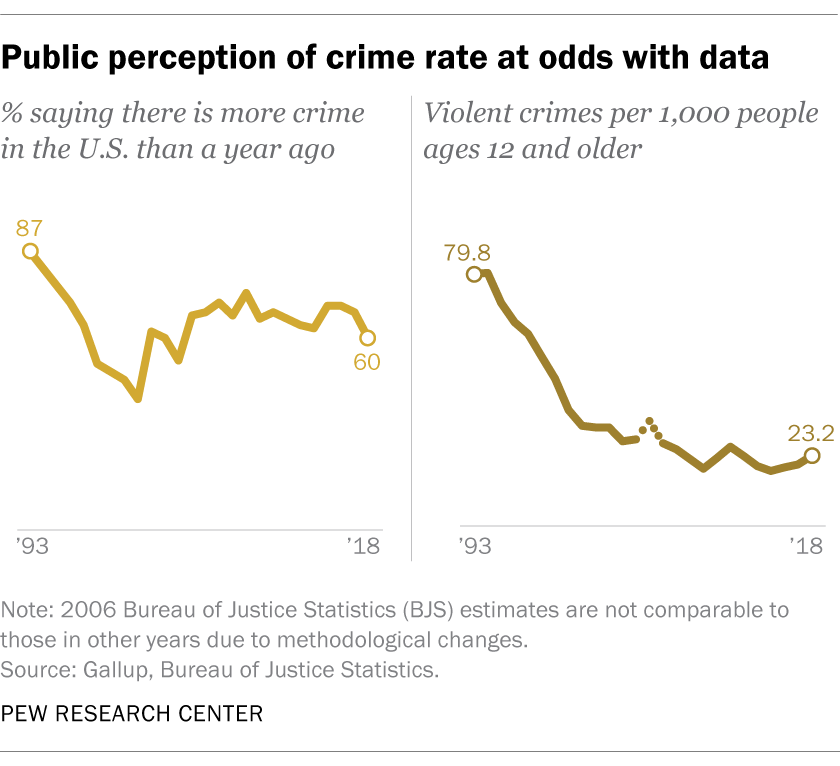First of all, I'm not religious. I'm not here to sell anyone on religion. I'm not here to convert you. I'm here to show you how something
actually works, and some hacks with it. Life is bewilderingly complex, but it's full of little maps, if you know where to find them and how to use them. The Bible is one of them, and a pretty neat one, especially the Old Testament.
1. Matthew 7, among other things, suggests that most people, especially the people that bang on the Bible the most don't get it all. Seem familiar? The religious are lost.
2. These are
stories but that doesn't make them "false". The Boy Who Cried Wolf is similarly not false on the basis that there is truth to the moral it conveys.
3. That being said, approaching the Bible as a moral treatise is pretty much the worst way to use it. This is where pretty much everyone gets it wrong.
4. Because the Bible is exactly as terrible as people are. That's the point. It's about how we're wired, not some ideal. The goal is to "solve" the law, not enforce it. If you go to enforce the law
you'll be exactly as terrible as people are. We'll approach this later.
5. The God character is not omnibenevolent, not entirely omniscient and not omnipotent, despite what you've been told. God follows certain rules, like nature, and God is as cold as nature. God is basically allegory for nature and consequence. This is so important:
God is not an absolute moral entity in any human sense of it.
Now, if you're caught up, the above should outline a much different approach to scripture than the common Christian one.
We're going to read the Bible a bit more like a Rabbi would than a Christian, though I don't want to sell this as a Jewish take on scripture. It's not necessarily. I'm just trying to help draw a bead for you, the reader:
This isn't Christianity.
Scripture as Sociology
Scripture contains patterns for human behavior that were developed using storytelling and observation generation to generation. Some of these predate the Torah and the Old Testament, and come from Babylonian folklore, for example. The oral storytelling allows the tales to adapt over time, and become more refined. In the end some are quite useful for predicting human behavior because we follow patterns, and those patterns are "baked" into scripture.
Scripture maps out conditions for a society, and then the arc that puts society on, so your goal would be to map your society to the appropriate scripture that best reflects the conditions the society is in. From there, you can use the story to chart a course for that society under those conditions.
A couple of good examples of these are contained in Genesis 19 and Ezekiel 16.
Genesis 19 is about Sodom and spells out what happens to a society with rampaging rape gangs and general cruelty. You can see the state of such societies by looking to war torn bits of the Middle East where these things are common, especially where ISIS operates. They are doomed.
Ezekiel 16 is about Jerusalem and spells out what happens to a society given over to social vanity, and the impact of that. It states that such a society is cruel. Such a society promotes queerness and taboo. Such a society promotes the worship of false idols (like money). Such a society is indifferent to the poor. This is the cost of social vanity. Such a society will falter but recover as according to the passage God "forgives" rather than destroys them. One might look to the arc the United States is on for an example of this.
Scripture also contains patterns for relationships between individuals and groups generally, but we'll cover some of that later.
Navigating Scriptural Laws
Scripture lays out different laws for different groups, precisely because different groups have different needs and different behaviors.
As a gentile, in order to be considered "righteous" - or rather, upright and sensible all one need observe is the Noahide laws:
Of these 1,2 and 5 probably require further explanation:
Number 1 is important, because idolatry is a kind of obsession, and obsession leads to all kinds of ugly. The central idol of the modern world is money, and we can see what obsession with money brings. None of it is good.
Number 2 is important, because cursing God is as pointless as cursing the universe. It makes a fool of you, and worse, makes a victim out of you. There's a word for people that go through life cursing it, feeling like they're put upon by the world and the world owes them something: "Criminal" - this is how you become lost.
Number 5 is important because, victimization inherent to things like adultery, bestiality and general sexual abuse aside, things like sexual fetishes become idols, and obsession sets in. Admittedly I'm not clear on what constitutes "sexual immorality" for gentiles, but my advice is to avoid clinical paraphilias generally. For Jews as I understand it sexual immorality is basically sex outside the confines of marriage, possibly non-reproductive sex, but I have some reason to suspect the latter standard would not apply to gentiles.
As a Christian the laws are simple to understand, but difficult to follow. They boil down to "treat others - even your enemies - as you'd be like to be treated", detest your own sin first and foremost, and operate from a position of love. Jesus suggested that by doing this you'd fulfill all of the "old laws" which we'll get to.
As a Jew the laws are numerous, and navigating them, much less following them all is incredibly difficult, if not impossible for most people.
We're going to be focusing on these "old laws" that the Jews use, precisely because there are so many and they're so intricate, but also because you use them differently than you would something like secular law, or the way Christians tend to use Christ's laws.
First of all, for all intents and purposes nobody will follow all the old laws all the time. That doesn't make us criminal - it makes us human. Following all the old laws all the time would be conceptually a perfect execution of one's life, and everybody makes mistakes, makes suboptimal choices, etc. We are not Jesus Christ. We are not one of the 36 righteous individuals ("Tzadikim") for which God does not destroy the world, nor must we be. Achieving this level of perfection would be analogous to being a Buddha. It's simply not something most humans will ever do.
So why have the laws? Because they show us how to make effective choices. Following a law puts you in a position where you have more and/or better choices from there. The laws are action/consequence. Consequence is typically not meted out by man but by God, so for example in Leviticus 20:13 where it says males engaged in homosexual acts shall be put to death it's saying God will kill them. In other words, they'll die sooner. This is true, by the numbers. Sexually active gay men do not generally live as long as straight men or celibate men.
If a human tries to enforce the law, they are trying to do God's job. "Vengeance is mine", sayeth the Lord. God's job is to mete out God's justice (the laws of the universe). We are not meant to enforce natural law. That's God's province. Our job is to endeavor to prevent the laws from being broken, not to punish. Otherwise we become bloodthirsty, and this is where so many Christians get it dramatically wrong.
What this also means is that the laws are often predictive of human behavior and consequence, not simply laws like you'd find in a court. They're more like laws of nature.
So when Paul for example (who draws from the old laws a lot despite being Christian), declares that sexually active gay men shall not inherit the kingdom in 1 Cor 6:9-12, he's also suggesting that people will endeavor to enforce this law and cast gay men out of mainstream society (social allegory for the kingdom) - indeed we see this among homophobic people - and it's especially directed at the men, just like the law.
Scripture on Slavery
I feel this requires its own section as it's typically dramatically misunderstood.
Scripture acknowledges slavery as a fact of life. When the Bible was written slavery - even chattel slavery - was a fact of life.
Today we still rely on a form of slavery in order to support a leisure class (non toiling class) - not just the rich, but also people like professors and marketers. They can exist because someone somewhere is toiling under slave like conditions - toiling far more than what they need themselves to survive. This has been how humans have operated since time immemorial, and still do, and likely will until we automate toil or otherwise escape it. Scripture acknowledges this.
Scripture repeatedly implores slave masters to treat their slaves well, and indeed suggests that treating slaves well makes them become like family (see Proverbs 29) - this is true often of people that treat their "help" or their "employees" like family. This is important.
Scripture repeatedly implores slaves to be obedient. This is something people get really hung up on, but it makes sense. Someone in that situation usually does not have the option of escape or open revolt - in fact they depend on their master in order to survive - for food and shelter. So what happens to a disobedient employee, like a slacking maid, or even an actual slave in a labor camp? They suffer consequences for it, and they are trusted less by their masters and treated worse for it, down the road, and since their master has so much control, he can make their lives miserable, at work, or worse, in that labor camp. It's common sense to act upright.
There's another advantage of acting upright in the face of oppression, as Peter suggests. You remain blameless. The reason people blame antifa is antifa isn't obedient to the existing powers like MLK Jr was. Contrast their methods of resistance. MLK Jr's powerful legacy speaks for itself, and it could only happen because he remained honorable and upright in his actions, even toward his oppressors.

 Public perceptions about crime in the U.S. often don’t align with the data.
Public perceptions about crime in the U.S. often don’t align with the data.
